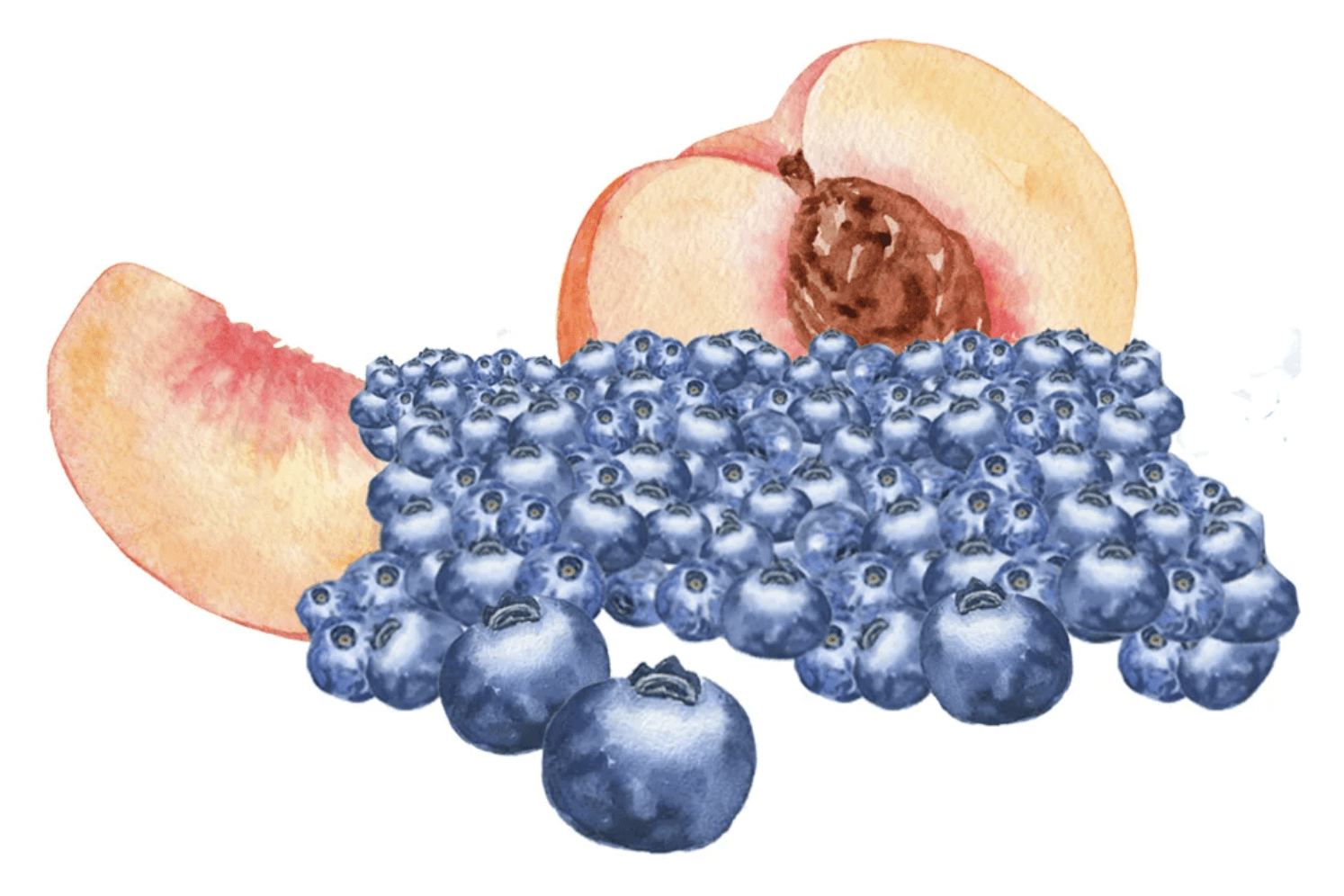The Georgia Soil and Water Conservation Commission needs updated contact information for farmers who use irrigation in the Suwannee and Ochlockonee watershed in south-central Georgia. The University of Georgia Cooperative Extension can help provide it, says a UGA water specialist.
Farmers there and across the state are required to place meters on their permitted wells to tally their water usage, said Kerry Harrison, a UGA Extension irrigation engineer. If the SWCC can catch up with them, the state will cover the cost ($1,000 per meter per well).
The SWCC generally sends postcards to permit holders a year ahead to let them know about the meter installations in an area, he said. It's now time to mail those cards to farmers in the Suwannee and Ochlockonee region.
The Georgia Department of Natural Resources has an estimated 9,000 permits in the area. All contain contact addresses, but most are outdated rural-route numbers, he said. Those have since been changed to Emergency 911 addresses. But the changes were never shared with DNR.
The SWCC wants the updated contact information for at least half the permit holders in the area by June 30. In 2003, UGA Extension agents within the Flint River Basin in southwest Georgia helped with a similar process. Less rushed, the update there took about four years to complete, Harrison said.
Funding for this initiative was approved in late January. Depending on the actual number of updated contacts, the initiative will cost between $750,000 and $1.2 million. The money will pay for extra work hours and tools the county agents will need. "The agents already have full plates," Harrison said. "They need extra resources to get this done within the time frame."
Along with updating addresses, UGA Extension agents will locate the water withdrawal site for each permit. That information will be given to Albany State University in Albany, Ga., to map the area irrigated with the permit.
"The use of water in agricultural crop production is a very important element to ensure yields and subsequent farm profits," Harrison said. "Hopefully, this effort to update agricultural permit contact information will not intrude on any farming operation."
UGA Extension covers information delivery from the UGA colleges of Agricultural and Environmental Sciences and Family and Consumer Sciences to all 159 Georgia counties. Almost all counties have offices.
The same system can be used to provide another government agency information, too, especially one that wants to improve lives or save folks money, Harrison said.
Government agencies work best when they pool resources to aid Georgia citizens, he said. But the bureaucratic process can seem muddled, if not comical at times.
"Hello, I'm with the gov'ment, and I'm here to help," Harrison has joked about the initiative and the process when explaining it at meetings.
But the initiative is serious. It's sparked by the "Water Wars," a decade-old negotiation between Georgia, Alabama and Florida over shared water rights.
One skirmish in 2003 resulted in Georgia House Bill 579. It called for all agricultural water users to have a meter installed by 2009. The SWCC was given the task of implementing the metering program.
"This effort is being undertaken so agriculture's right to continue to use water in Georgia will be understood by other users of water in the state," Harrison said.






